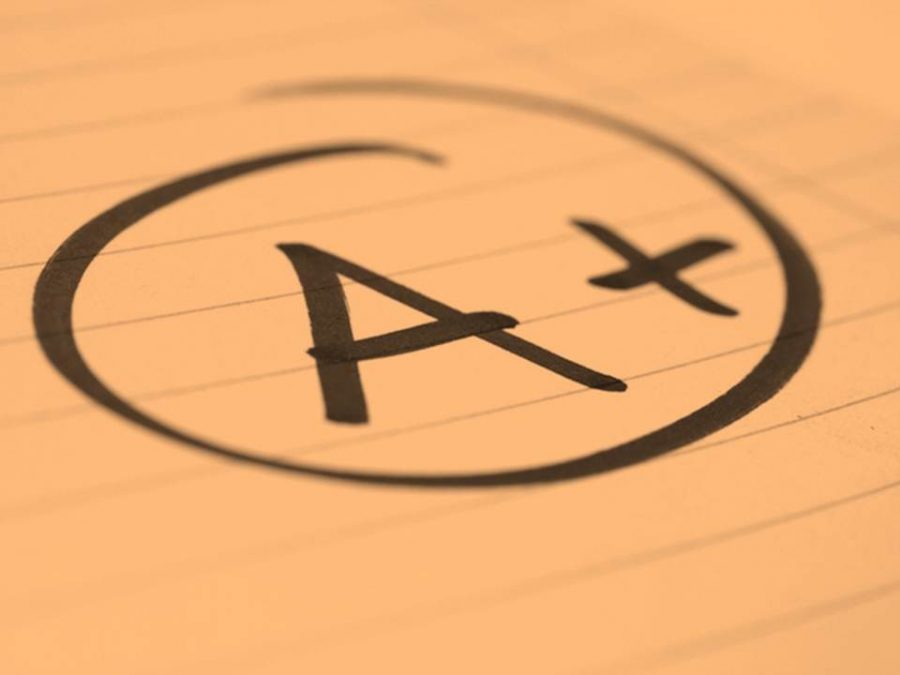Every student has experienced a lack of concentration on their work or study material at least once in a while. We find ourselves lying in bed, chatting with friends or watching Netflix even though we know that we have loads of work that needs to be done. Many of us feel helpless about studying, or just don’t feel like doing anything. Parents and professors point out the attitudes behind students’ bad studying habits, but that doesn’t seem to be enough. However, I would say improper test-prep cycles have the biggest negative impact on our lack of concentration and there are a couple easy adjustments to improve our time studying.
Relieve stress
Many students cram for their exams. Often they have lot of work to do beforehand and a number of students stay up all night to prepare for those tests. We normally say we are stressed out when we have to do something that we don’t want to do or when things aren’t done is ways that we expect. For students, studying for an exam or sitting in front of a desk looking at boring PowerPoints can be a stressful situation.
Usually professors say that if you can get through the stressful conditions of studying there is a reward at the end, like good grades and a high GPA. However, experts mention that too much stress does not lead to those results, no matter how much we time and energy we expend in front of a computer or reading over a textbook. According to psychologists Yerkes and Dodson, the relation between stress and accomplishment is opposite to a rainbow shape. Up to a certain point, efficiency grows while stress is high. However, if the stress rate passes a certain point, efficiency drops rapidly.
Just sitting in front of the desk looking at notes does not mean you are studying. I would suggest studying for two to three hours and having a break for 30 minutes to increase concentration on studying. The break will alleviate stress and knowing you’re getting productive hours in before an exam will also provide relief.
Eat breakfast
Students tend to prefer to sleep more in the morning than to wake up early and eat breakfast. However, breakfast is related to concentration. A study conducted by Katie Adolphus, Clare L. Lawton and Louise Dyu in 2013 showed that students who eat breakfast generally have higher rates of academic accomplishment compared to students who don’t eat breakfast. This could be related to the understood influence breakfast has on concentration.
The brain is about 1.3kg, but uses up to 20 percent of the calories of our bodies. Glucose is needed for smooth brain activity. But if students miss breakfast, the brain won’t get supplied with glucose for a duration of about 15 hours. Without this, the brain will not be able to function well, and we’re left with a lack of concentration, altered academic performances and reduced cognitive speed.
To add to that, long hours on an empty stomach burden the digestive system, and using more energy to digest will lead to lowered brain activity. For efficient brain functioning during your early classes and exams, I suggest eating breakfasts high in protein, essential amino acids, iron and vitamins B and C.
Studying is a critical duty all students have, and it’s an important component of academic success. It is stressful and sometimes tough to handle certain materials, but it is possible to ease and manage the stress of school with these simple tips. Good luck studying.


